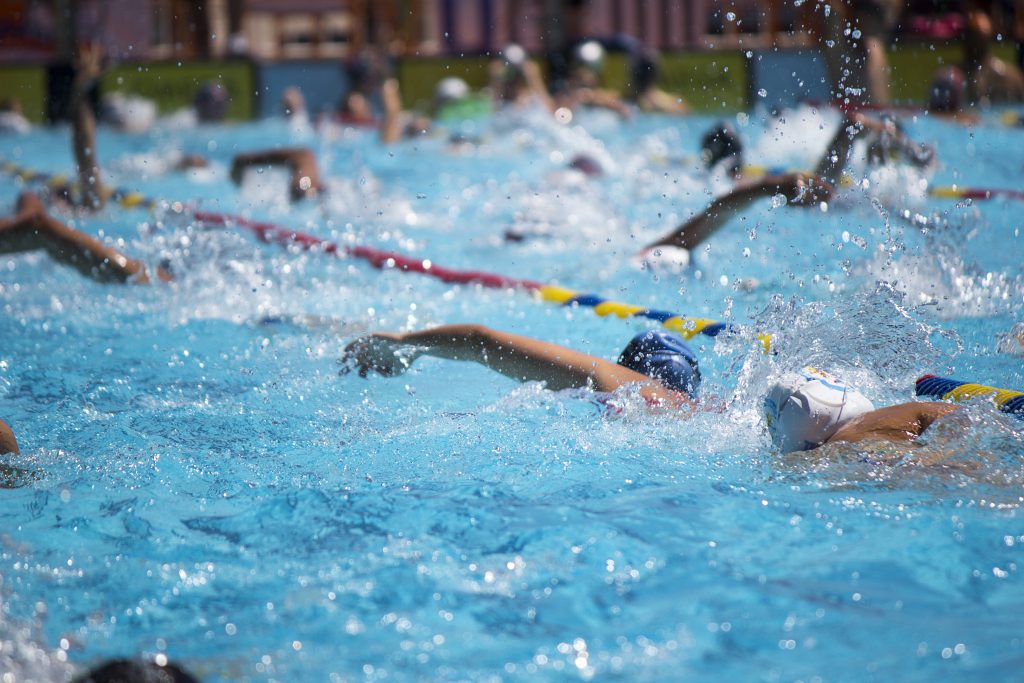Reading the Game
Scanning, or “reading the game”, is an important skill that should be learned from a young age. However, research has discovered that new coaches are more likely to focus on technical skills, at the expense of tactical skill development. The findings support the use of coach education and mentoring to promote the value of scanning…
Compression stockings
Designed to apply pressure to the lower legs and enhance blood circulation, compression stockings are a relatively new technology in sport performance. A study measuring agility and lower limb muscular endurance amongst female athletes after a soccer match found the compression tights reduced fatigue-related muscle damage. This suggests compressing stockings could provide a significant performance…
Lack of Sleep
Lack of sleep is associated with numerous physical and psychological health risks. Healthy sleep habits include making sleep a priority, maintaining a regular sleep schedule, and setting the stage for sleep by creating a comfortable environment and limiting distractions from noise and light immediately before bed (including electronic devices!).
Cannabis Stores
Ontario’s first legal cannabis stores are scheduled to open today. However, cannabis remains a banned substance for athletes subject to the Canadian Anti-Doping Program (CADP). Learn more about the health and policy implications of cannabis use for athletes in this SIRCuit article.
Mental Health – Emily Overholt
In today’s video, Olympic medallist Emily Overholt, who recently received the Harry Jerome Award as Sport BC Comeback Athlete of the Year, shared the incredible story of her battle with depression over the past few years.
Participation Motives
In sports like swimming that tend to revolve around “best times,” it’s important to have reasons for participating that aren’t related to performance. There will always come a time when an athlete hits their limit and can’t go any faster. Having other reasons to participate, like friendships and fitness, will keep them involved long-term. Learn…
The Role of Motives in the Transition from Youth Swimming to Masters Swimming

Masters sport is a great way for adults to have fun and stay active. Dionigi (2015) identified three categories of masters athletes, based on their pathway into masters sport. “Late bloomers” are those who don’t start participating in sport until adulthood. “Continuers” are those who began their sport involvement as youth and never stopped. Finally,…
Budget 2019
The Federal Government’s Budget 2019 announced $30 million over five years, and $6 million per year ongoing, to enable Canada’s national sport organizations to promote accessible, ethical, equitable and safe sport.
Athlete Mental Health
Athletes learn to hide effort and pain in the pursuit of performances that are strong, flawless, and seemingly effortless. But off the field of play, we need to create a culture where athletes struggling with injury, whether physical or mental, can ask for help. This SIRC blog provides insights and tips for athletes, support team…
Anti-doping Blog
In these days of doping scandals, athletes can find themselves wondering about the other athletes lining up beside them. Canadian weightlifter Christine Girard, awarded medals from the 2008 and 2012 Olympic Games in December 2018, advises athletes to stay true to their values, work hard, and trust in the system. Learn more about her journey…